Time running out on Operación Puerto blood bags
Spanish judge's order to destroy hinges on statute of limitations
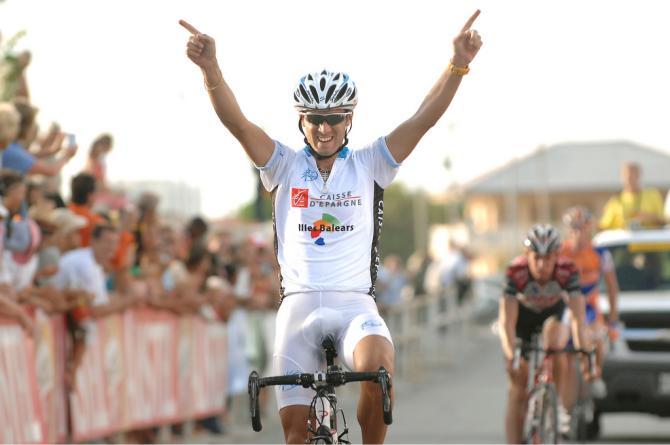
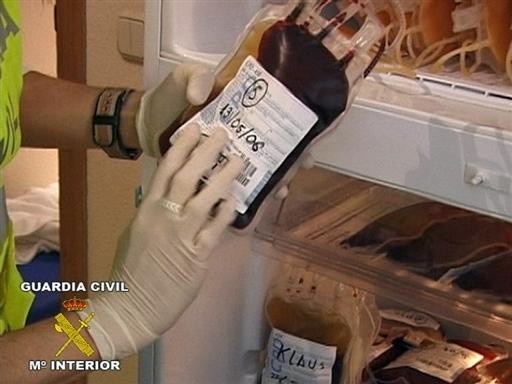
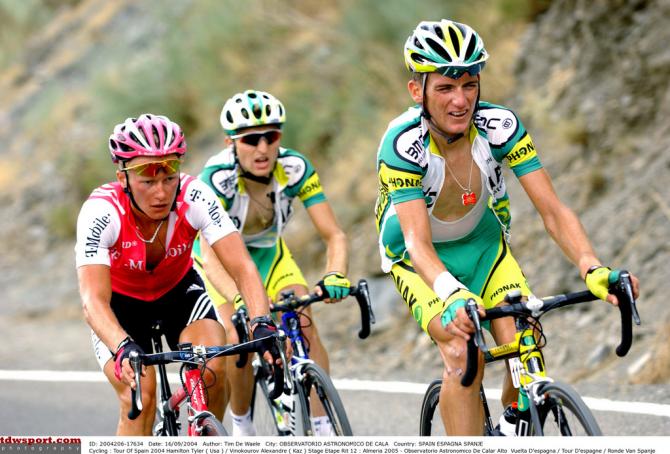
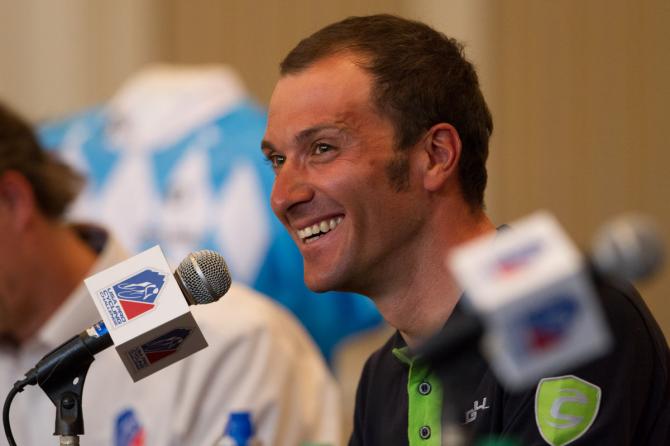
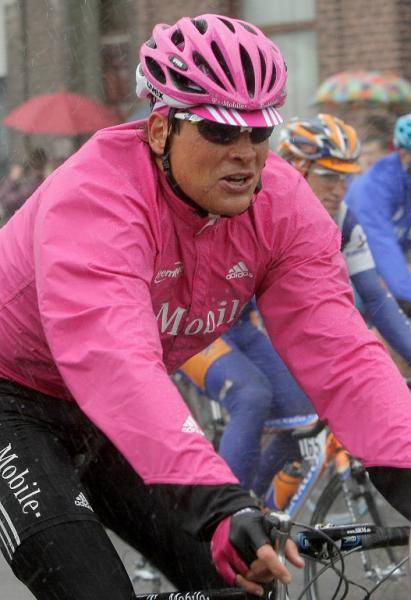
A laboratory in Barcelona still holds 211 bags of blood and plasma, the frozen remnants of the Operación Puerto investigation into the doping ring of Eufemiano Fuentes. But the evidence against dozens of unnamed athletes hangs in the balance as a Spanish judge's order to destroy the material is merely delayed by appeals. Meanwhile, guilty riders continue to compete without punishment, and potentially innocent athletes named early in the reports of the operation have been unable to clear their names and have seen their careers destroyed.
Cecchini denies sending Cipollini to Dr. Fuentes
Jaksche provides damning testimony against Fuentes and Saiz
Report: Basso agreed to pay Fuentes $94,000 for doping
Operacion Puerto trial: Beloki, Etxebarria and Osa deny links with Fuentes
Operacion Puerto trial: Hamilton outlines doping and blood transfusion program
Puerto: Serrano attempted to use Fuentes as translator
Fuentes' own witness harms defence
Puerto trial: Fuentes panicked over lack of supplies for Basso
Puerto: Fuentes discusses 'marker pens' and 'hair loss' with Botero
Puerto prosecutor insists on two-year sentences for Fuentes and associates
Operación Puerto prosecutor dismantles Fuentes defense in final arguments
WADA left reeling after Operacion Puerto verdict
Madrid prosecutor to appeal Puerto verdict
McQuaid calls for analysis of Puerto blood bags
Ullrich confesses to blood doping with Fuentes
Nine appeals launched against Operación Puerto verdict
Operacion Puerto investigator takes control of Spain’s Anti-Doping Agency
Before the 2006 Tour de France, news reports from Spain erupted as quickly as the sting operation descended upon Fuentes' Madrid clinic, uncovering a treasure trove of documents, doping products and freezers packed full of blood bags, all coded with nicknames and numbers of athletes hoping to cover up their true identities. The news was made all the more salacious because one of those arrested was prominent team director Manolo Saiz, who presided over the ONCE team's domination from 1989-2003.
While the police were quick to uncover the scheme, the courts were slow to follow up with justice. The first judge to examine the case ruled that nothing that Fuentes or the athletes had done was illegal under Spanish law at the time, and ordered the case closed. He also blocked any use of the evidence for sporting sanctions. A loophole was found and prosecutors were able to re-open the case under the public health laws.
After almost seven years, on April 30, 2013, the criminal case against Fuentes and his associate Ignacio Labarta finally wrapped up, resulting in a year-long suspended prison sentence and four years disqualification from practicing sports medicine for Fuentes, and four months suspended sentence for Labarta. Yolanda Fuentes, Vicente Belda and Manolo Saiz were not punished because it could not be proven they participated in the narrow scope of the charges of endangering public health.
Once the case was wrapped up, the judged ordered that all of the evidence be destroyed. Thanks to an appeal by Ana Muñoz Merino, Director General of Sports, the case out-lasted the previous statute of limitations, which was three years under Spanish law and eight years under the previous WADA code. However, WADA imposed new rules this year, bumping the statute of limitations out to 10 years and allowing retroactive application of the new code to old cases.
The change could mean the 211 bags would still undergo analysis should the appeals be victorious before June of 2016, according to El Pais. The rub? The appeals need to be considered by the Spanish courts, and unless they do, the only legacy to come from the case, aside from the conviction of Fuentes and Labarta, will be the punishment of five cyclists.
Even though athletes from football and tennis were linked to the case, only Jan Ullrich, Ivan Basso, Michele Scarponi, Jörg Jacksche and Alejandro Valverde have been suspended because of it, and Tyler Hamilton admitted to using Fuentes' services in testimony to USADA and in the case against Fuentes. Valverde and Ullrich were linked to the blood evidence through DNA testing, but so far anti-doping authorities in Spain and outside have been unable to pry the samples out of the reluctant Spanish courts.
The latest race content, interviews, features, reviews and expert buying guides, direct to your inbox!
